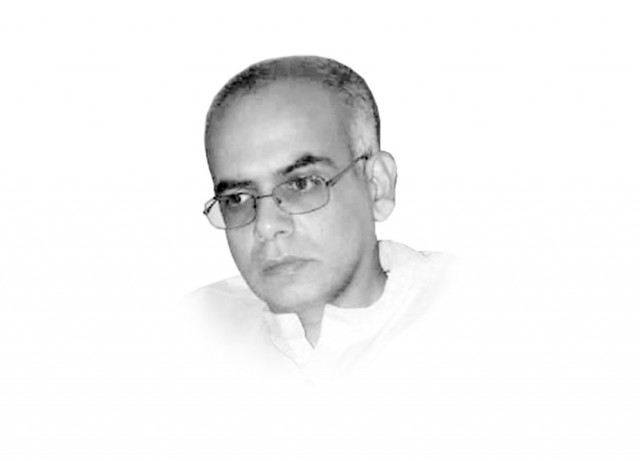US vision for countering violent extremism
Thrust of countering violent extremism in US remains focused on contending with perceived threat of Muslim extremism

The writer is author of the book Development, Poverty and Power in Pakistan, available from Routledge
President Barack Obama rightly urged Muslim leaders to unite in rejecting militant groups like al Qaeda or the so-called Islamic State. Muslim leaders can be much more vocal in denouncing the false narrative of such entities, which aims to portray violent extremists as holy warriors, representing grievances or aspirations of the larger Muslim community.
It was also encouraging to see consensus amongst the conference delegates that the fight against extremism cannot be won with military might alone. However, proposals for how this menace should be contended with remain contentious, especially how the threat of ‘home-grown’ terrorists needs to be dealt with.
The Obama Administration’s efforts to counter ‘home-grown’ extremism are being criticised for placing the onus of responsibility unfairly on American Muslims. For instance, the US president and the vice-president emphasised the need for engaging with Muslim immigrants who may be radicalised because of marginalisation and provide them with a sense of belonging that discredits the terrorists’ appeal to lure them towards extremism by exploiting their sense of fear, isolation, hatred and resentment. The US vice-president cited Boston, Los Angeles and Minneapolis as examples of cities which had made progress in countering such extremism, through federal pilot programmes that are aimed at building community resilience and preventing disaffected young people from becoming susceptible to extremist messages.
While the above programmes are trying to involve Muslim community leaders in helping curb violent extremism tendencies, there is simultaneous need for much broader measures to empower Muslim communities, and address hurdles preventing their integration in countries like the US. Human rights activists and Muslim advocacy groups fear that attempts to counter extremism through the singular lens of national security or law enforcement will morph into fear-mongering, and boost surveillance efforts that will further trample civil and privacy rights of Muslims in America.
Moreover, despite a plethora of attacks by domestic right-wing extremists and the increase in white supremacist hate groups within the US, such instances of violent extremism were not given due attention during the conference. The thrust of countering violent extremism within America still remains focused on contending with the perceived threat of Muslim extremism, which in turn can reinforce the stereotype of Muslims in the US as security threats.
To counter the threat of violent extremism across the world, Obama acknowledged the need for the international community as a whole to offer disenfranchised segments of Muslim society positive alternatives which are vital to undermine their susceptibility to the false promises of extremism. Obama claimed the US would “do its part” by promoting economic growth and development, by fighting corruption and encouraging other countries to devote more resources to education. This of course is easier said than done in practice, for there is much evidence to refute such rhetorical aspirations, and illustrates instead how ongoing US policies end up perpetuating transnational corporate interests in collusion with elites across the developing world, while further marginalising the disempowered masses, even if this widespread disenfranchisement continues sowing the seeds of extremism, violence and even anti-West sentiments.
Published in The Express Tribune, February 27th, 2015.
Like Opinion & Editorial on Facebook, follow @ETOpEd on Twitter to receive all updates on all our daily pieces.















COMMENTS
Comments are moderated and generally will be posted if they are on-topic and not abusive.
For more information, please see our Comments FAQ